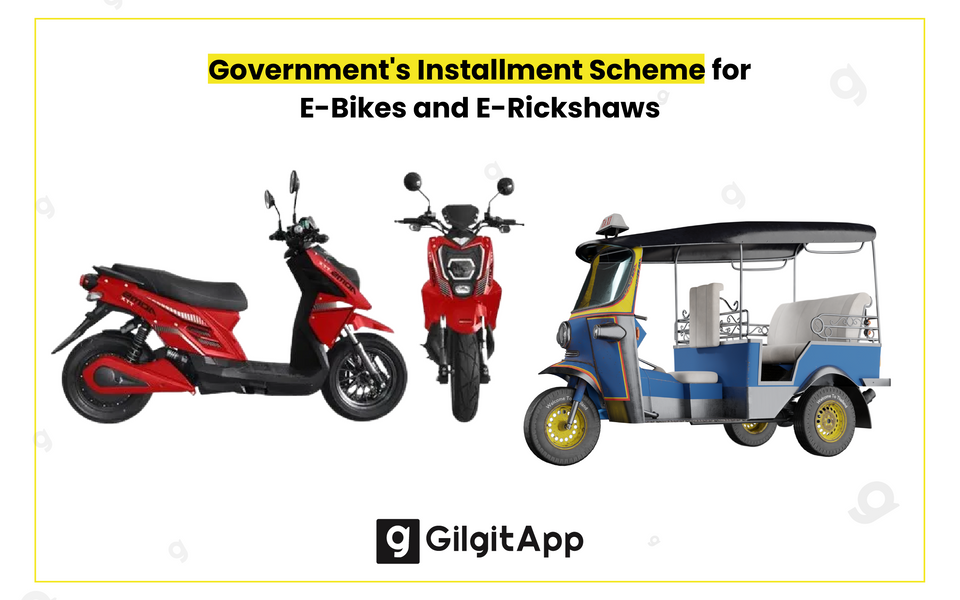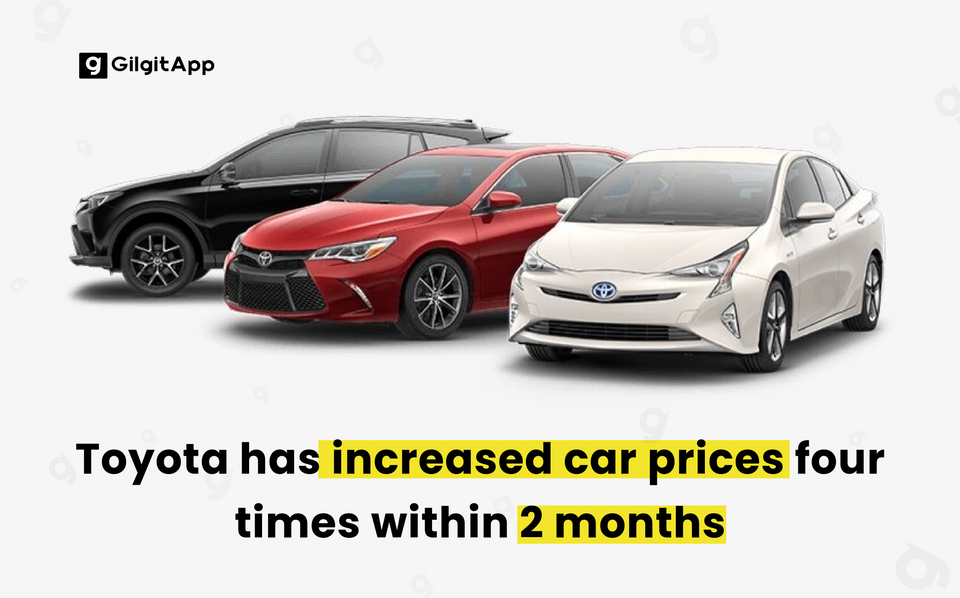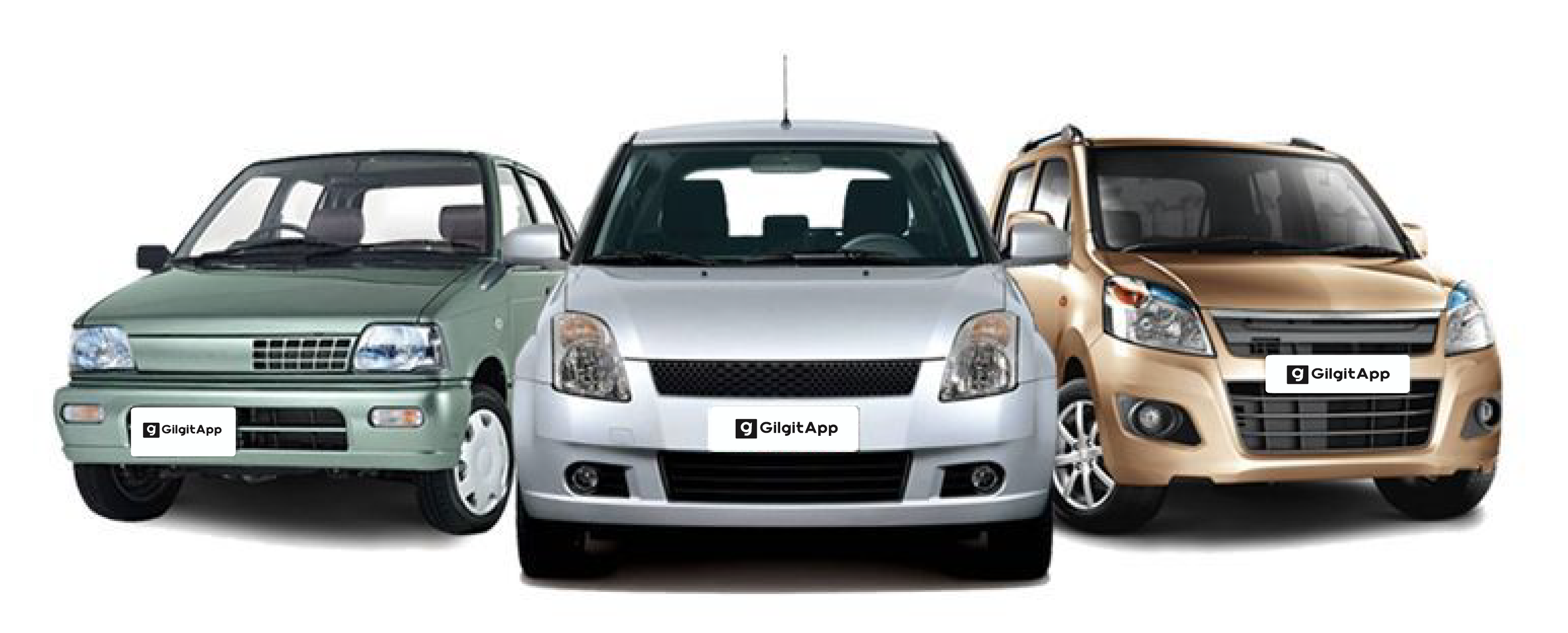Electric Vehicles in Pakistan: Prices, Benefits, Fuel Cost Solution
Rising Petrol Prices and Electric Vehicles in Pakistan: Prices, Benefits, Challenges & More for Sustainable Mobility
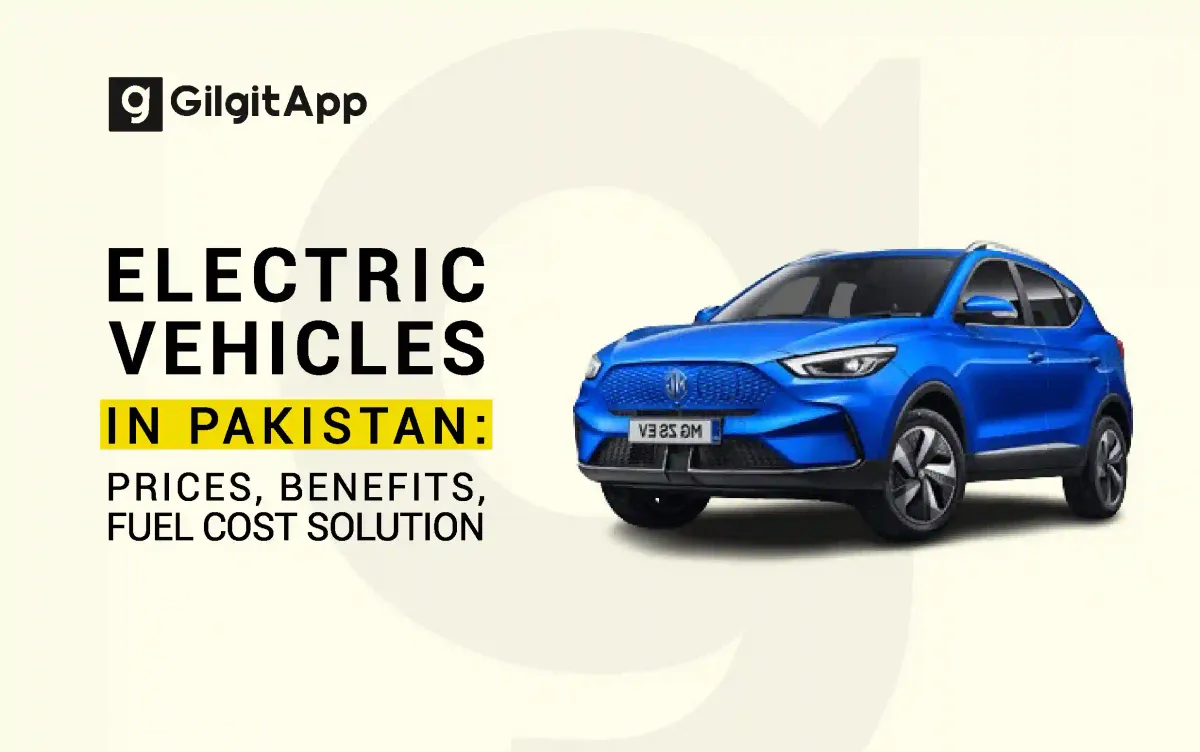
Rising fuel costs have become a significant issue in Pakistan that has pushed consumers to look for better sustainable options. These high fuel prices are impacting both consumers and the automotive industry. However, Pakistan can now catch up with the global trend of electric vehicles (EVs) with some pre-existing affordable hybrid cars and popular hybrid SUVs amid the rising fuel costs. Although electric vehicles in Pakistan are limited to numbers, Pakistan’s hybrid electric vehicles market counts a substantial number of vehicles from the top tire brands and has the potential to upscale production given due consideration.
Three Types of Electric Vehicles
The three types of electric vehicles available in Pakistan are Battery Electric Vehicles (BEV), Hybrid Electric Vehicles (HEV) and Plug-In Hybrid Electric Vehicles (PHEV).
1. Battery Electric Vehicles (BEV)
These cars run only on batteries you charge at home or charging stations. They don't have a regular engine. Example: MG ZS EV.
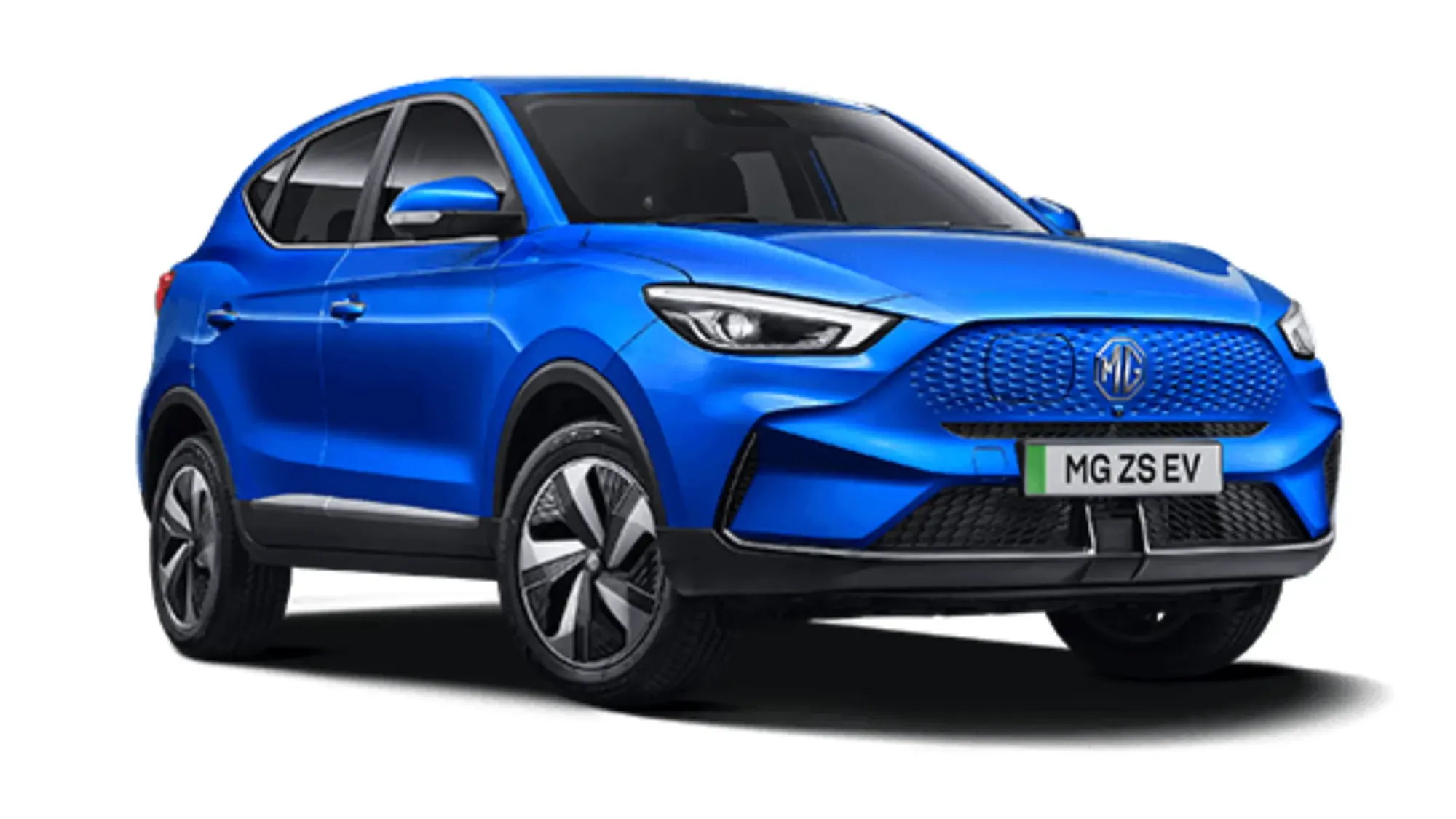
2. Hybrid Electric Vehicles (HEV)
HEVs are cars that use both a regular engine (like petrol or diesel) and an electric battery. The battery charges when you brake or while driving, so you don't need to charge them at power stations like Battery Electric Vehicles (BEVs) or Plug-In Hybrid Electric Vehicles (PHEVs).
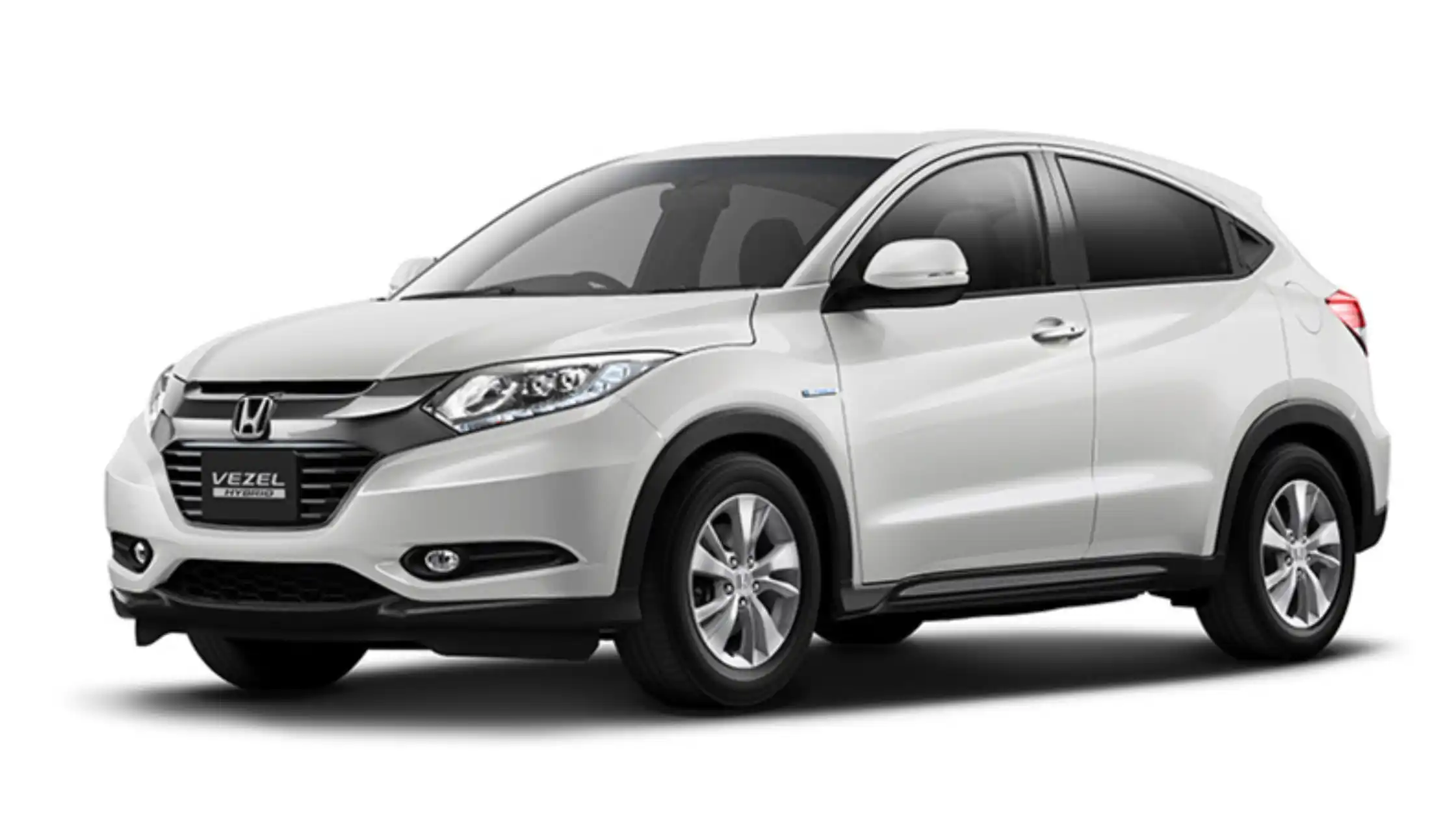
HEVs can switch between the engine and battery to save fuel, making them efficient and environmentally friendly. They also save money on fuel, and you don't need to worry about charging them because they charge themselves while you drive. These are more common in Pakistan like the hybrid SUV Honda Vezel.
3. Plug-In Hybrid Electric Vehicles (PHEV):
These vehicles run on both electricity and petrol. You can charge their bigger batteries using special chargers, and they also have a regular petrol engine. It's like having two fuel options: electricity and petrol. They're not common in Pakistan because they're expensive. Example: MG HS PHEV.
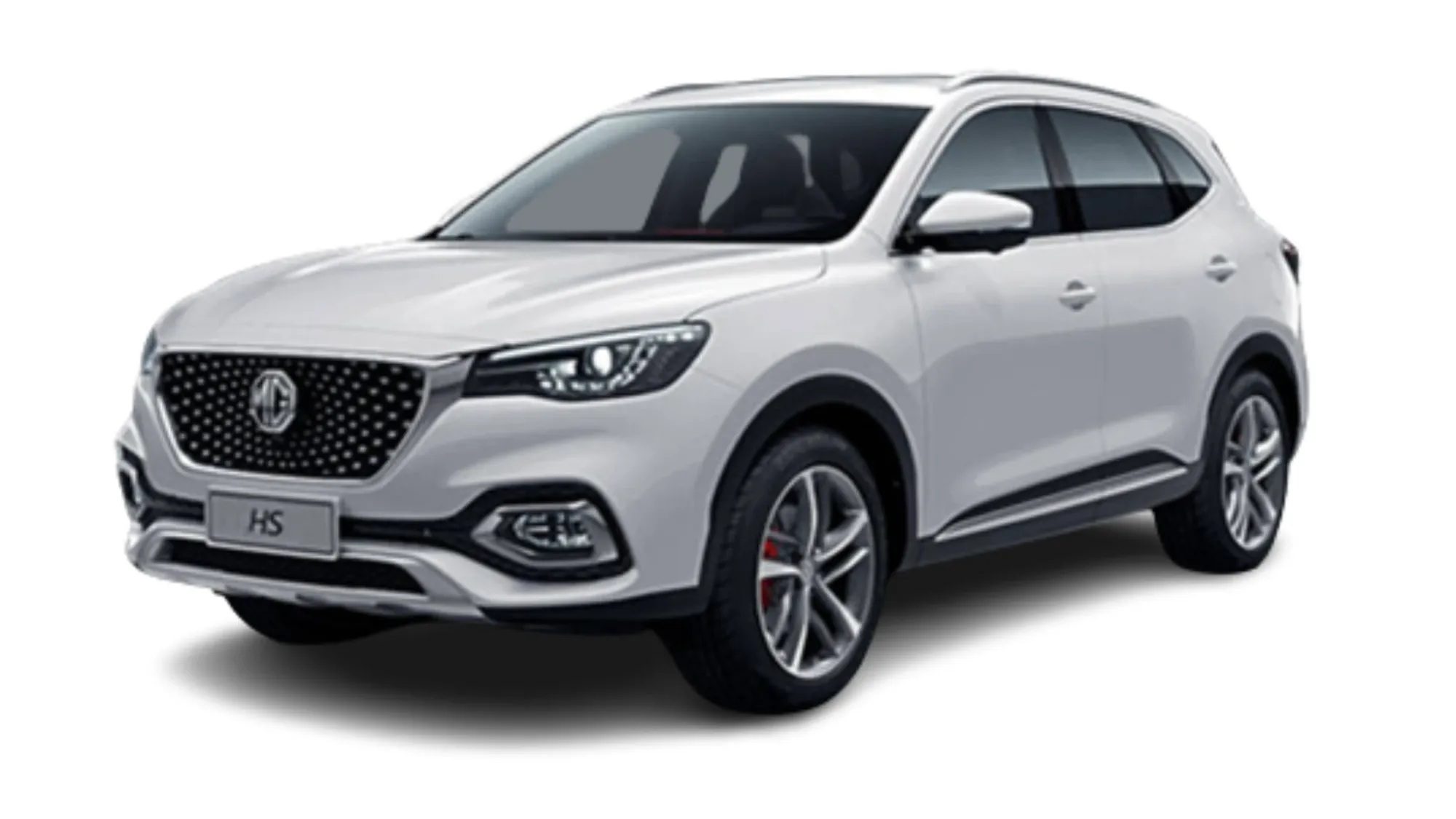
Why Pakistan Should Consider Normalizing Electric Vehicles in the Country?
In 2019, Pakistan introduced the National Electric Vehicle Policy to boost EV adoption, combat climate change, and provide affordable transportation. The policy offers incentives like waiving customs duty and additional sales tax on imported 4-wheel EVs and imposing just a 1% sales tax on locally made electric vehicles. With its set ambitious goals, aiming for 30% of car sales to be electric by 2030 and 90% by 2040, it is expected to drive similar policies to elevate the EVs production in Pakistan to mitigate the deteriorating climate conditions and ease the fuel costs pressure.
Challenges Facing the Electric Vehicle Industry in Pakistan
However, the EV industry in Pakistan encounters considerable challenges. Many car buyers need to be made aware of the advantages of electric vehicles over traditional petrol and diesel engine vehicles. Additionally, there are issues with electricity supply and a lack of charging infrastructure. The high expense of lithium-ion batteries, which are not locally produced, along with regulatory issues and poor incentives, also hinder the adoption and assembly of high-quality electric vehicles in Pakistan. EVs are much costlier than other mid-range fuel-powered vehicles which is also the reason why Pakistan has to pave a long way towards EV solutions.
Electric Vehicles Price in Pakistan
On average, electric vehicle prices in Pakistan typically start at around PKR 40 lacs and can go up to PKR 5.6 crore or more for mid-range models. High-end electric vehicles or premium brands may have prices exceeding PKR 18.0 crore.
Battery Electric Vehicles (BEV) in Pakistan
Battery Electric Vehicles are not very popular in Pakistan due to the limited infrastructure. However, some of the BEVs available in Pakistan are MG ZS EV, MG5 EV, and MG4 Electric.
Hybrid Electric Vehicles in Pakistan
Some of the hybrid vehicles available in Pakistan are BMW 7 Series, Toyota Camry, Honda Vezel Hybrid Z, Toyota RAV4, Haval H6 HEV, Toyota Corolla Cross, and BMW X3 Series xDrive30e.
Plug-in Hybrid Electric Vehicles Available in Pakistan
Plug-in Hybrid Electric Vehicles have a narrow market in Pakistan with only limited options available. Popular PHEVs available in Pakistan are the Audi e-Tron 50 Quattro and MG HS PHEV.
Conclusion
In conclusion, the transition to electric vehicles in Pakistan presents a solution to rising petrol costs and environmental concerns. Despite challenges such as awareness gaps, infrastructure limitations, and high battery costs, Pakistan has the potential to achieve a greener future and relieve petrol costs. By focusing on awareness campaigns, infrastructure development, and policy updates, Pakistan can reduce emissions, offer cost-effective electric transportation, and drive towards a sustainable automotive future.

